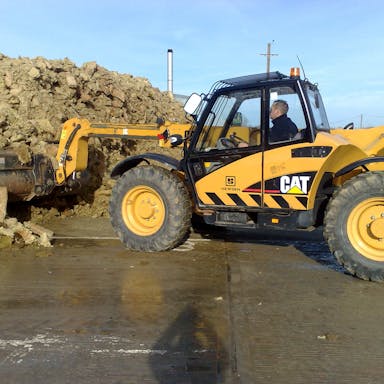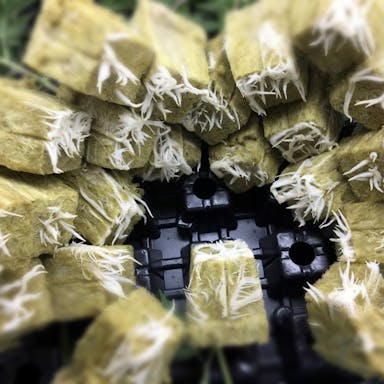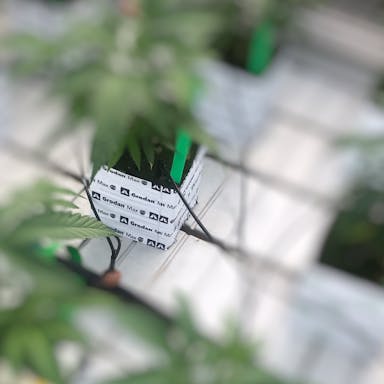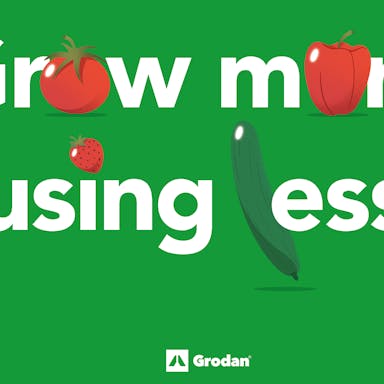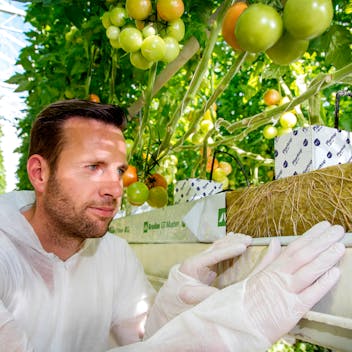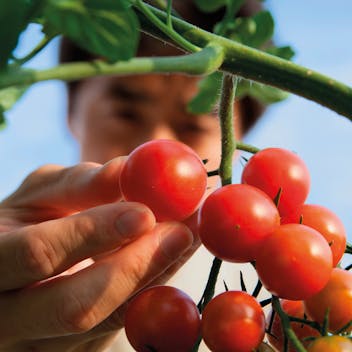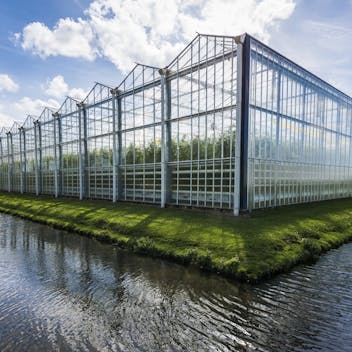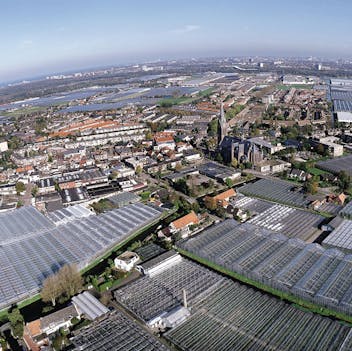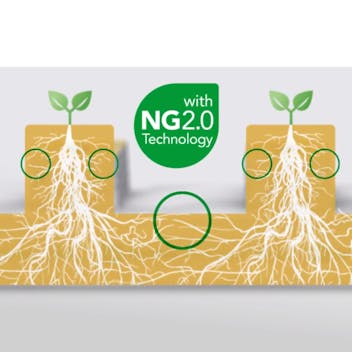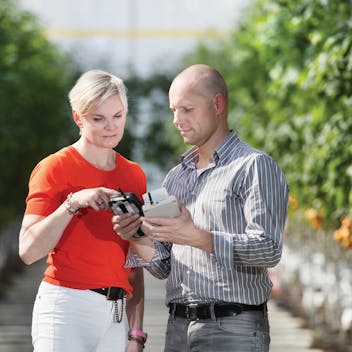Greenhouses are being increasingly equipped with all sorts of sensors for gathering data. e-Gro also facilitates the use of data. What are your observations on this development?
In his office at Wageningen University, Leo tells us about the enormous amount of data growers have to deal with: “Already 20 years ago we researched sensors in the greenhouse. Back then there was a limited amount of sensors and sensor technology has developed quickly since then. We noticed that growers didn’t yet have the skills to handle this new method of working. But we did see that using data helps to grow a better plant. Today you see that horticulture growers are gaining more and more control over their production system and that almost all growers embrace this. Growers are taking constantly more measurements and have increasingly more sensors in their greenhouses. So you have a lot of data but all that information doesn’t necessarily mean you have knowledge.”
So how do you transform the information into knowledge?
“The information must be linked and turned into smart algorithms. e-Gro is an example of a tool that makes this possible. We see that autonomous greenhouse control is a growing innovation and that more and more actions in the greenhouse are being automatized. That’s the ultimate goal: the plant in the greenhouse completely autonomously controlled. In our research, we are conducting experiments to discover how we can make this become a reality in the future.”
Read more about the future of data in the greenhouse and growers’ opportunities in part 2.
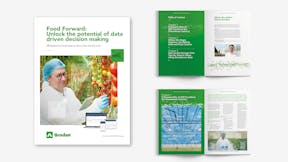
Where the magic happens: unlock the potential of data driven decision making
Data science and AI technologies present us with so many opportunities to collect and mine data in the greenhouse. This paper will help you begin your journey to get the best out of your greenhouse data. There’s a bright future ahead!
